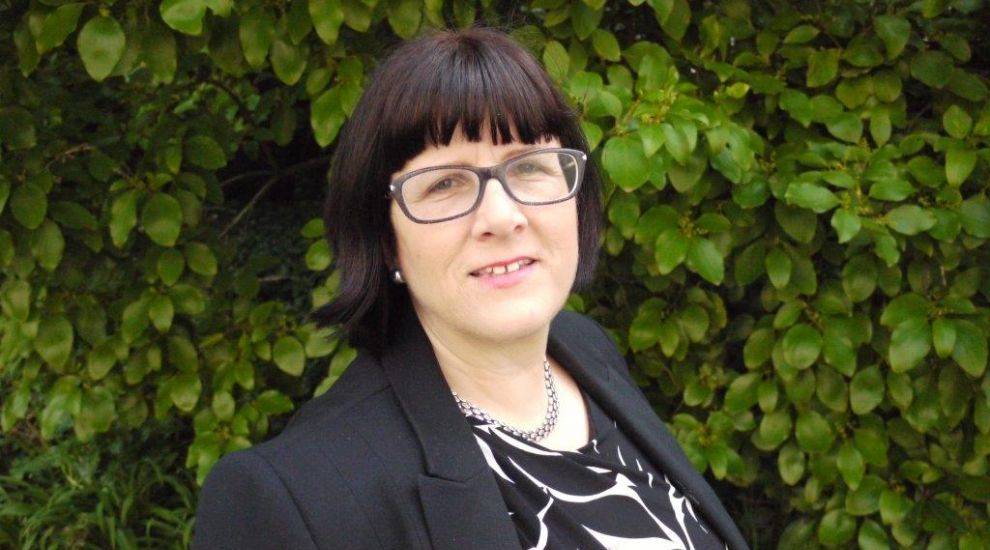

On Thursday 15th November as part of International Stop the Pressure Day, Family Nursing & Home Care (FNHC) will be hosting an event at the Town Hall to raise awareness amongst islanders about pressure ulcers and how they can be prevented.
As winter approaches, many islanders, particularly those who are elderly or immobile, become more vulnerable to illness and health issues, often leading to them spending more time sitting or lying down. As pressure ulcers can develop from a hotspot in less than 30 minutes, it is important that islanders, health professionals, carers and family members understand how to prevent pressure ulcers as well as how to spot the early signs and how to best manage the symptoms.
National Stop the Pressure Day is a global awareness day, which sees industry and healthcare professionals come together with the public and the media to help raise awareness of pressure ulcers.
Bronwen Whittaker, Chief Executive Officer at FNHC, said: ‘Many pressure ulcers are preventable but when they do occur, they can have a profound impact on the overall wellbeing of patients and can be both painful and debilitating. People in the community who live independently or have carers are potentially at greater risk of developing pressure ulcers, because they may not be able to move or re-position themselves easily without relying on others to help them.
‘We can reduce a person’s risk of developing pressure ulcers by effectively managing factors such as their mobility, diet, hydration, continence and any other health problems. Through raising awareness and identifying what can be done to help prevent or reduce pressure ulcers occurring, as well as ensuring both the public and health professionals work together in providing appropriate care and support to those who are most at risk, we hope to continue to see a reduction in pressure ulcer incidences.'
FNHC has adopted the Best Practice guidance recommended by NHS Improvement in the UK around the prevention and management of pressure ulcers.
Islanders who want to learn more about how they can Stop the Pressure, can go to the Town Hall on Thursday 15thNovember between 10am and 4pm and chat to one of FNHC’s experienced nursing team at this ‘drop in’ event.
FNHC recommends the following top tips, which is part of the UK’s national guidance on how to prevent pressure ulcers from developing by ‘aSSKINg’ for help:
Assessment – the ‘deciding part’ of prevention, find out if you or the person you are caring for is vulnerable or at risk of developing pressure ulcers.
Skin inspection – look at all areas of the skin, especially bony areas or where there might have been a sore before. If any areas look red, ask FNHC for advice.
Surface – think about what you or the person you are caring for is sitting on. If you/they are at risk of developing pressure ulcers then a special cushion or mattress may help in prevention.
Keep moving – try to reposition frequently, don’t sit still or lie in one position for more than two hours at a time.
Incontinence and moisture – if you or the person you are caring for has problems with continence or sweaty, moist skin, you are at greater risk of developing pressure ulcers. Obtain special barrier creams or sprays to help, which FNHC can advise you on.
Nutrition and hydration – the risk of developing pressure ulcers increases if you or the person you are caring for has lost weight or is very over-weight. Try to eat regularly and have a balanced diet, and drink at least a litre of fluids every day.
Give information – and share learning. If you are worried, get in touch with FNHC to help you prevent pressure ulcers from becoming a reality.